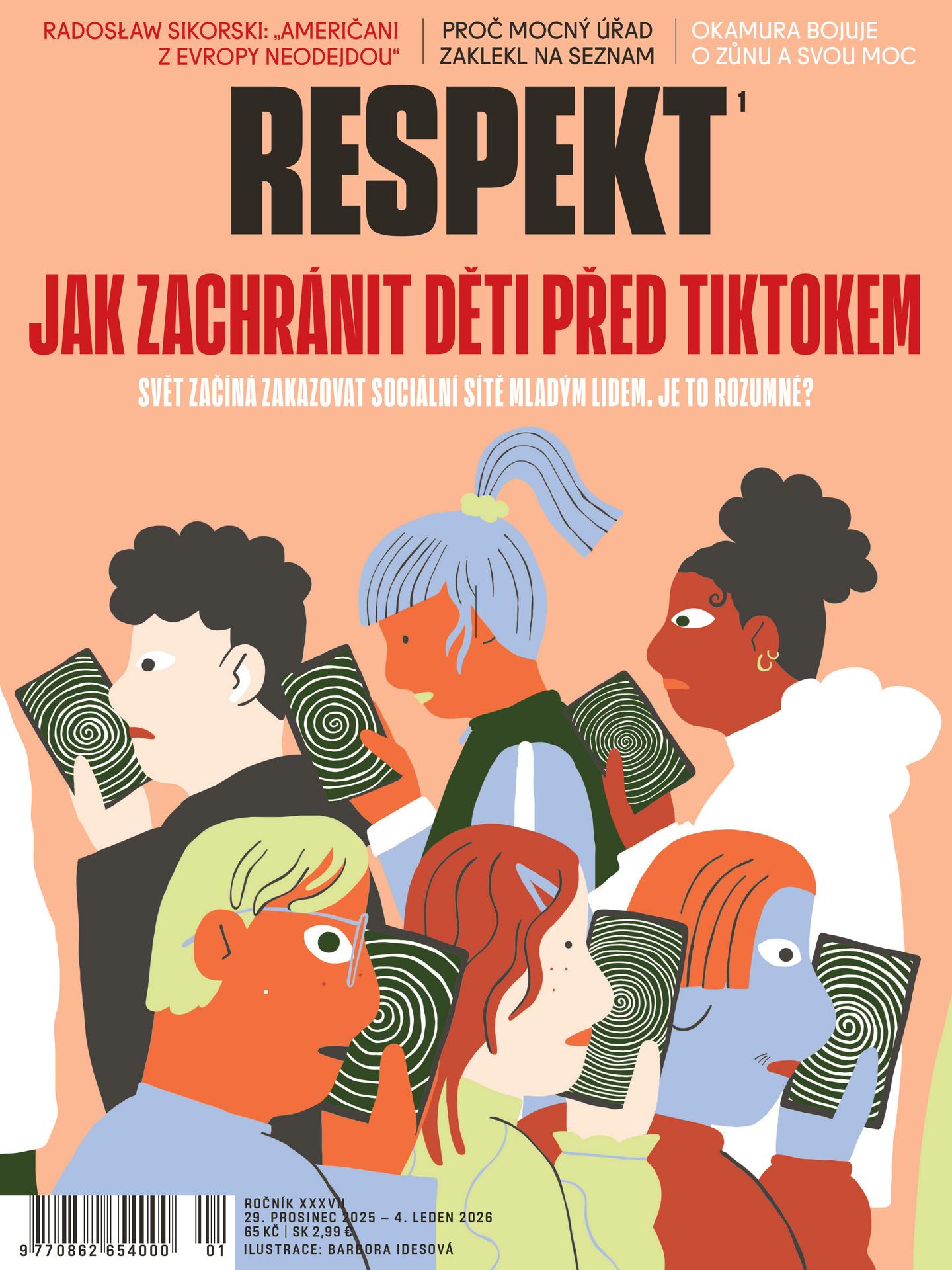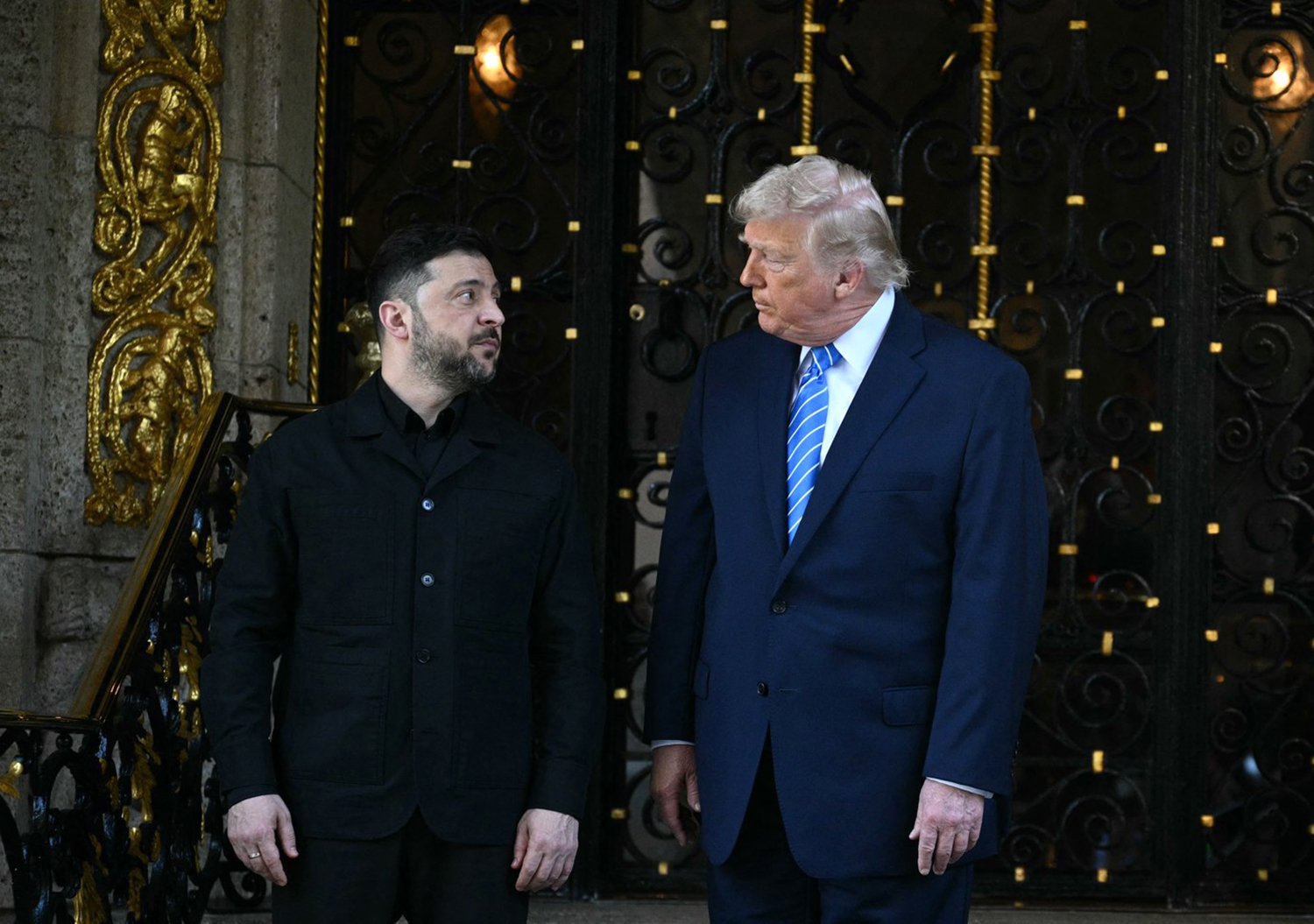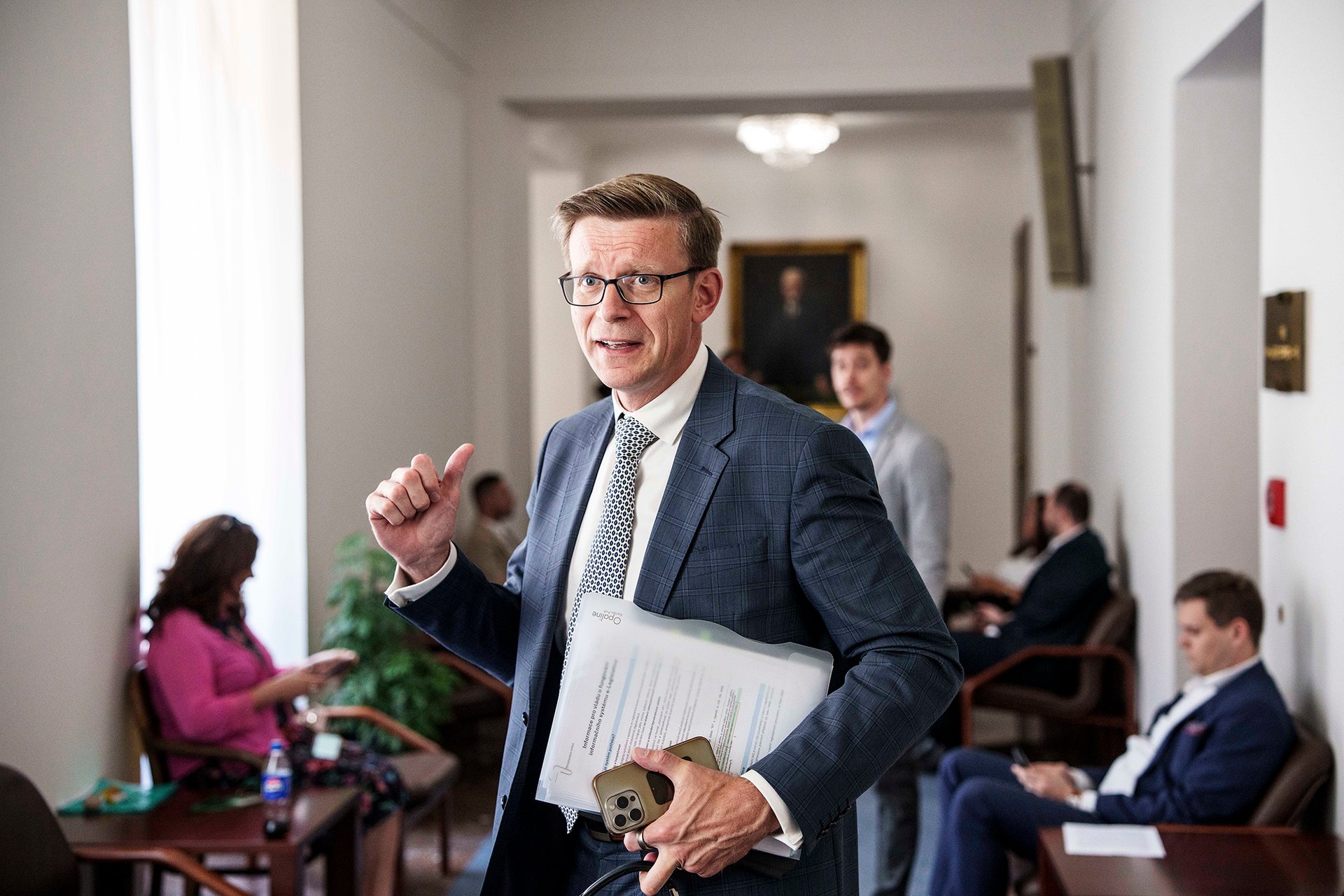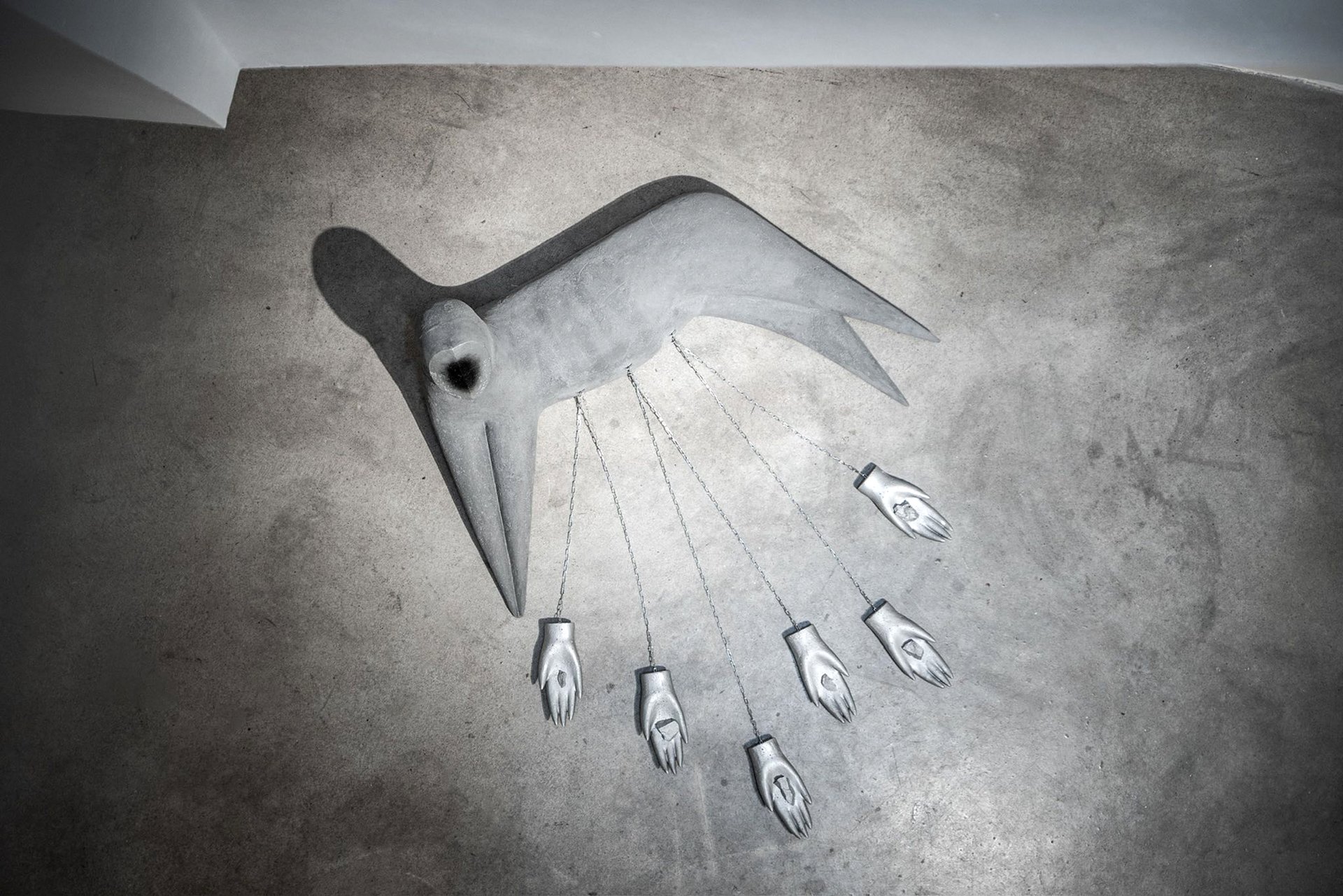Day one, and after
The Lisbon Treaty comes into force on December 1st, 2009. How that might change the nature of the EU? For those who are interested Respekt offers one of the possible answers, given by two young foreign academicians.

This has been a remarkable year for the EU. Apart from intense cooperation between heads of state and an alleged weakening of the Commission, we also saw the appointment of first European Council President Herman Van Rompuy and EU ‘minister’ of foreign affairs Catherine Ashton. The Union gets a new treaty on 1 December and a new European Commission will take office very soon. Do the new developments make the EU more federal or more intergovernmental?
The EU seems to have become much less federal due to a seeming erosion of the EU institutions. Firstly, over the past years, EU decision making has become rapidly more intergovernmental with an explosion of European Councils (meetings of the heads of states and governments). Apart from the official four European Councils per year, there are now all kinds of European Council meetings to solve problems at EU level and to prepare global summits (Pittsburgh on G-20; Copenhagen on climate) as well as sub-27 gatherings in G-3, G-6 and other formats. Decisions are now less taken in the sectoral Council formations (e.g. Economic or Environmental Councils) which decide by a majority but have shifted to the highest level (where unanimity applies and the European Commission role is limited). Behind these meetings of the heads of states lies a world full of informal bilateral contacts between the capitals.


This process towards intergovernmental cooperation and resurrection of unanimity voting is strengthened by among others the alleged inclination of the Barroso Commission to listen in particular to big Member States - for example in application of the Stability and Growth Pact regarding budget deficits or closing an eye when it comes to state aid policy. An indication of its loss of power is the 7% drop in ‘perceived relevance’ between 2004 and 2008 in the Eurobarometer.
Second, the European Commission is losing its role as defender of the European interest due to growing fragmentation of the EU executive. As a result of the cap on the Commission (around 25000 staff), an ever-growing number of EU agencies (now over 40) has emerged outside the Commission with approximately 6000 staff. The new regulatory system for banking will lead to more agencies next to the Commission. Moreover, the new treaty will lead to a separate External Action Service, a kind of diplomatic service of a state, with probably 6000 staff or more.
Thirdly, five years after the big bang enlargement only 2.4% of its top deciders originate from the newer countries. As a corollary, the Commission has problems understanding the newer member states’ sensitivities – as underlined by proposals on financing the climate change.
Fourth, the multiplication of ‘presidents’ creates fears of weakened leadership and competition between institutions. Moreover, Barroso as leader has a reputation of lacking both charisma and ambitions. The president of the European Parliament was de facto decided in a fight between the Italian and Polish prime ministers (won by the latter). To top it off, the profile of the President of the European Council (‘European president’) has degraded from a leader to a mere coordinator of the European Council.
Yet, despite this growing intergovernmentalism, we also see a strengthening of the EU institutions – and hence a further federalisation. First, the Barroso Commission has been much more powerful than its public image suggests. Its victories include the fighting back of state aids to car industry and the forced reorganisation of banks following public rescue operations. The Opel deal was far from approved and Sarkozy was reprimanded on the 6 billion euro support to Peugeot which would lead to closing productions elsewhere to rescue French employees. Building on input from the Commission, the EU has also been highly active in other areas as raising climate change ambitions within the UN, devising policies to enhance the EU's influence in between the EU's eastern borders and Russia, opening debates on the future of the agriculture policy – to name just a few developments.
Second, the seemingly dull re-election of Barroso resulted in institutional re-enforcement of both the Commission and the European Parliament. The Parliament has informally introduced new procedures in the appointment of the Commission President by asking for a government-type policy programme declaration and by demanding concession before confirming Barroso. This has greatly politicised the President’s profile and made him increasingly accountable to the EP.
Relatedly, Europe’s political system becomes more parliament-oriented. The new treaty almost doubles the powers of the EP. Having a former head of government as its face gives the chamber more political recognition and increases its informal influences. Pressures are to be expected for holding public hearings in the appointment of EU Ambassadors and of the European Council president. In political terms, it is more the Parliament’s – then the Commission’s – responsibility to represent the European interest.
More intergovernmental or more federal, which of these prevails? The EU has always operated on a balance between the EU as project of cooperation between states and the EU as a project with supranational institutions (federation). Yet, this may have been the year in which ‘Brussels’ did not fragment but rather emerged as a more normal European capital with different institutional roles akin to ‘normal’ capitals: a President of the European Council, a EU ‘minister’ of foreign affairs with his department (external action service), a multiplication of EU agencies and a stronger Parliament.
Like it or not, this seems to be a good – and more legitimate – starting point for the EU to face internal, regional and global challenges, such as stability of internal market rules, guaranteeing stability in our European neighbourhood in Eastern Europe, South Caucasus and in the Middle East, and in combating climate change within the UN context and working towards a stable global financial regulatory system.
Piotr Maciej Kaczyński, Adriaan Schout
Adriaan Schout is a Director of EU Studies at the Netherlands Institute of International Relations in The Hague.
Piotr Maciej Kaczyński is a Research Fellow at the Centre for European Policy Studies based in Brussels.
Pokud jste v článku našli chybu, napište nám prosím na [email protected].










